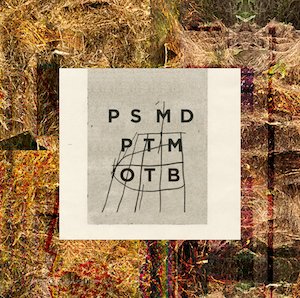Label: Self released, 2023
Personnel - John Aruda: tenor saxophone; Christophe Bilodeau: piano; Russell Fortunato: bass; Luther Gray: drums.
Boston-based bassist Russell Fortunato is probably unknown to many jazz surfers, but his project - featuring saxophonist John Aruda, pianist Christophe Bilodeau and new added drummer Luther Gray - deserves attention as its bright, well-balanced sound takes us to the realms of John Coltrane, Michael Brecker, Jerry Bergonzi, and Bob Mintzer. Their new album, Playing, comprises 11 cuts.
The haunting “Last For Now” and the congenial “Rugby” are absolute highlights, excavating harmonies and stitching them with melodies and loose-limbed grooves that swing as comfortably as they are convenient. The spare piano accompaniment generates space for expeditious bursts of saxophone delivered by Aruda, while the pavement is made unfaltering by arresting hi-hat and snare demarcations and schematized bass lines.
As my second choices, I point out “Stratosphere”, a rubato meditation; and the opener “Dance of the Temptress”, a post-bop inflection that folks like Herbie Hancock, Wayne Shorter, Ron Carter and Tony Williams would certainly love to play.
The rhythm team is constantly locked in, but it’s Aruda who predominantly steals the show with in-and-out strokes of genius. He’s pretty active on “Easy Jam”, whose ecstasy takes us to the same post-bop spirit that swings and allures; “Release”, a blues that doesn’t shy away from Coltranean elements; and “Stickball”, whose shinny hard-bop tendency is conceived by the thematic sax/piano melody, and where the bandleader delivers a communicative solo.
Moving in a particular jazz aesthetics, Fortunato and his associates fully articulate their sonic palette, going from number to number with technical facility.
Favorite Tracks:
02 - Last For Now ► 03 - Rugby ► 04 - Stratosphere








































